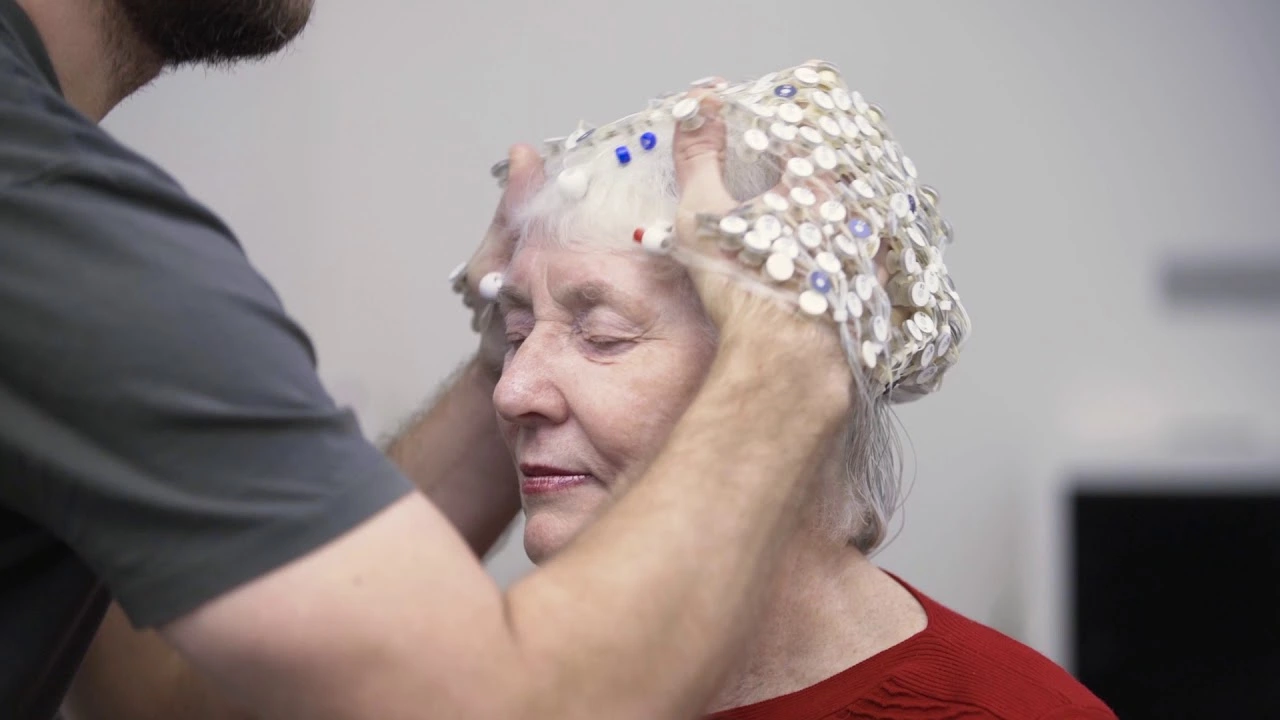Dementia: Meds, Safety, and Practical Care Tips
If someone you care about has dementia, you want clear, useful steps — not medical jargon. This page pulls together the most helpful guides on medications, common side effects, daily safety, and tips that make caregiving easier. Think of it as a quick map to what’s on RedBoxRX that will actually help you today.
Common medications and what to watch for
There are a few drug groups you’ll see often: cholinesterase inhibitors (donepezil, rivastigmine, galantamine) and NMDA blockers (memantine). These drugs can help thinking and daily function for some people. Side effects can include nausea, sleep trouble, or dizziness — report new falls, confusion, or fainting to the prescriber right away.
Behavioral symptoms like depression, anxiety, or agitation sometimes need other meds. Our Celexa article covers citalopram and when an SSRI can help with mood or anxiety in older adults. Be cautious: antidepressants can interact with dementia drugs and raise fall risk. Always ask a pharmacist or doctor to review new prescriptions.
Seizures happen in some forms of dementia. If that’s a concern, our Dilantin (phenytoin) guide explains how seizure meds work and what to monitor. Seizure drugs can affect balance, thinking, and other medicines, so a medication review is crucial.
Practical medication management
Keep one up-to-date medicine list with dose, time, and reason for each drug. Put it in the wallet and on the fridge. Use a single weekly pill organizer and set phone alarms for doses. When a new med is started, write down side effects to watch for in the first two weeks: changes in appetite, sleep, walking, or mood are worth a call to the clinic.
Ask for a pharmacist-led medication review at least once a year. They can spot harmful combinations and suggest simplifications. If you order meds online, read our review of safe online pharmacies so you avoid risky sellers and get authentic drugs.
Small daily changes help a lot: keep a simple routine, remove loose rugs to reduce falls, and label cupboards and doors if memory loss is growing. Our stretching guide offers short, gentle moves that can keep joints mobile and reduce stiffness — helpful for someone who resists long exercise sessions.
Finally, keep a short emergency plan: a list of meds, allergies, primary doctor, and a nearby contact. Share that with any caregiver or neighbor. If you need deeper reading, check the linked articles on RedBoxRX for meds, safety tips, and buying meds online safely — they’re written for busy people, not clinicians.

 Jun, 12 2023
Jun, 12 2023